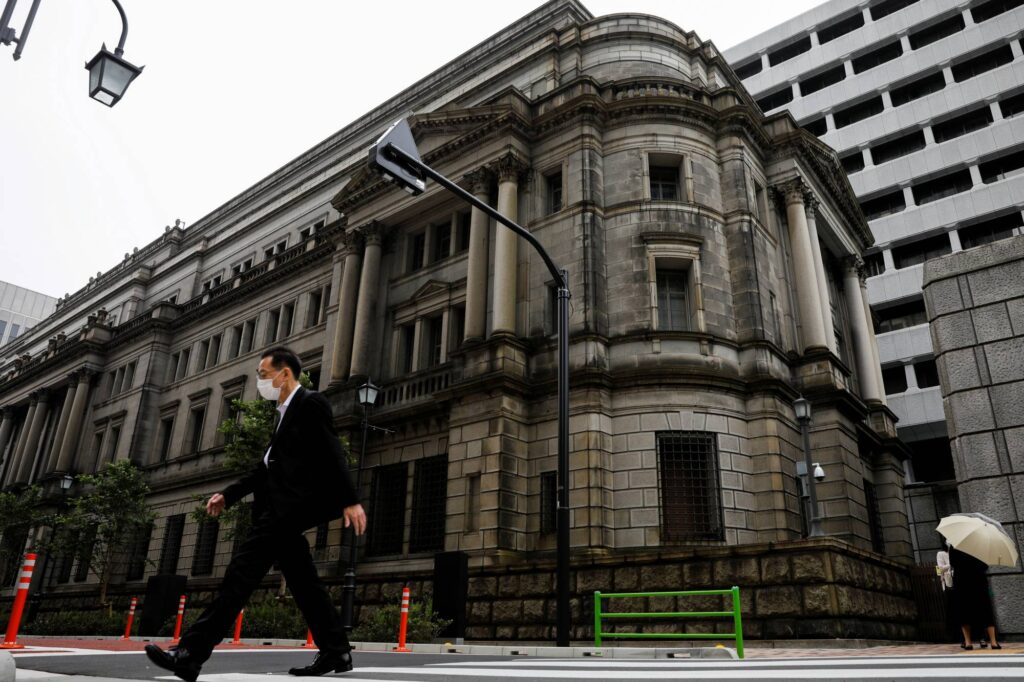Tokyo, 20 May, /AJMEDIA/
Japan’s consumer inflation in April accelerated 2.1 percent from a year earlier, the fastest pace in seven years, as higher commodity prices and a weak yen boosted import costs, topping the Bank of Japan’s 2 percent target for the first time since 2015, government data showed Friday.
The steep rise in the core consumer price index came as the effect of sharply lower mobile communication fees — a big drag for months — began to fall out of the inflation data. The figure compared with a 0.8 percent increase in March.
The war in Ukraine has sent prices of energy including crude oil as well as raw materials higher, adding inflationary pressures to resource-poor Japan.
The core CPI, excluding volatile fresh food items, was last above 2 percent in March 2015, in the aftermath of a consumption tax hike to 8 percent from 5 percent, according to the Ministry of Internal Affairs and Communications.
Apart from the tax hike impact, the figure has not been above that threshold since the BOJ launched powerful monetary easing under its current governor, who took the post in 2013.
Energy prices surged 19.1 percent, with gasoline, kerosene, city gas and electricity bills all marking double-digit gains.
Mobile communication fees were down 22.5 percent in April but the pace of decline slowed from 52.7 percent a month earlier.
With a core CPI reading above 2 percent widely expected, the BOJ shot down speculation it would tweak its monetary policy. Governor Haruhiko Kuroda has said that the central bank is aiming for sustainable inflation that is accompanied by strong wage growth, not inflation led by temporary increases in commodity prices.
The price gains come at a delicate time for Japan where consumers are not fully confident of an economic recovery from COVID-19, and politicians are sensitive to the voices of price-sensitive voters ahead of the House of Councillors election in July.
The rapid depreciation of the yen, which has fallen to 20-year lows against the U.S. dollar, has proven a headache for Japan as it has boosted import costs.
The BOJ’s strong commitment to ultraeasy monetary policy contrasts with its U.S. and European counterparts that are dialing back stimulus to rein in sharp gains in prices.
The so-called core-core CPI, excluding both energy and fresh food prices, gained 0.8 percent, marking the first rise since July 2020.

